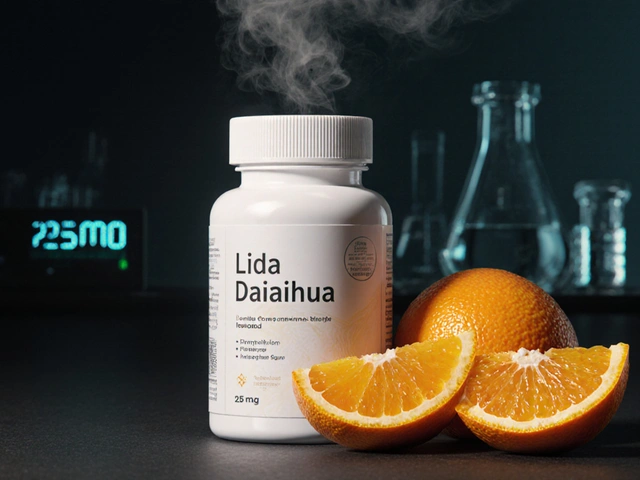Pregnancy: Safe Medications, Tests, and Practical Care
Pregnancy changes what medicines and supplements are safe. If you’re expecting, your health choices affect two people. This page points you to clear, practical steps for medicines, infections, blood sugar, and supplements during pregnancy.
Want quick rules? Always tell any provider that you are pregnant. Review every prescription and over-the-counter drug with your obstetrician or midwife. Don’t stop a needed medicine without talking to your clinician. If you buy drugs online, use reliable pharmacies that ask for a prescription and show a real address and phone number.
Medications and safety
Some drugs are generally safe in pregnancy; others are risky. For blood sugar control, many clinicians prefer insulin and may prescribe long-acting options like Lantus. Antiviral drugs such as aciclovir are commonly used for herpes and are often acceptable; dosing may change in pregnancy. Bisphosphonates like Fosamax are usually avoided because they stay in bone for years and may affect a future pregnancy. Pain relief usually focuses on acetaminophen; nonsteroidal anti-inflammatory drugs (NSAIDs) are often avoided, especially late in pregnancy.
If you have a urinary tract infection, your provider will pick antibiotics that are safe for pregnancy and strong against the specific bacteria. For other infections, the choice depends on gestational age and lab results. Mental health matters too—don’t stop antidepressants suddenly. Discuss benefits and risks with your prescriber and consider therapy alongside medication.
Practical pregnancy tips
Start a prenatal vitamin with 400–800 mcg folic acid before conception or as soon as you know you’re pregnant. Track iron and vitamin D levels and take supplements only if tests show you need them. Get the flu shot any trimester and the Tdap vaccine between weeks 27 and 36 to protect your newborn from whooping cough.
Keep a simple list of red flags: heavy bleeding, severe abdominal pain, high fever, reduced fetal movement, severe headaches, or sudden swelling in hands or face. Call your provider or go to urgent care if any of those happen. For chronic conditions—diabetes, high blood pressure, HIV, epilepsy—seek a care team experienced with pregnancy medicines so dosing and drug choice are optimized.
When buying medicine online, prefer pharmacies that require a prescription, show pharmacist contact details, and belong to recognized pharmacy associations. Avoid platforms that promise quick fixes without medical intake. Use articles on this site to learn names, typical uses, and safety concerns, but always follow your clinician’s advice first.
After delivery, review which drugs are safe while breastfeeding. Many antibiotics, insulin, and common vaccines are compatible with breastfeeding, but some psychiatric medications and herbal supplements need extra caution. Keep copies of all prescriptions and recent lab results in your phone for each appointment.
Plan medicines well before conception. If you take daily drugs for asthma, thyroid, or seizures, ask your specialist about safer options and dose changes. Keep an updated medication list in your phone and wallet, bring it to visits, and join a prenatal group or forum to hear others’ experiences and resources; join local support groups.

Escitalopram and Pregnancy: What You Need to Know
As a blogger, I feel it's essential to discuss the topic of Escitalopram and pregnancy. Many women have concerns about the safety of taking this antidepressant while pregnant. From my research, it appears that the risk of birth defects is low, but there may be some potential risks to the baby. It's crucial for expectant mothers to consult with their healthcare provider to weigh the benefits and risks before making a decision. Remember, it's all about finding the best balance for both mom and baby's well-being.
Categories
- Medications (71)
- Health and Medicine (62)
- Health and Wellness (37)
- Online Pharmacy Guides (16)
- Nutrition and Supplements (9)
- Parenting and Family (3)
- Environment and Conservation (2)
- healthcare (2)
- prescription savings (1)



